Pediatric neurology
Pediatric neurologist is one of the most important professionals whose consultations are indispensable for parents. Formation of mental health, motor, movement and speech functions of a baby takes place in early childhood. These processes are coordinated by the nervous system which diseases can seriously affect the child’s health starting from the first month of his or her life.
Pediatric neurologist is a doctor that has theoretical and practical knowledge on the structure and development stages of the children’s nervous system. When providing aid to small patients in diagnostics and treatment of various nervous system impairments, the specialist should have knowledge in related specialties, as many factors influence on the child’s nervous system, for example, the health of parents and their genetics, mother’s pregnancy, prenatal fetal development, birthing process, past medical history of a child, etc.
Pediatric neurology sector of Dobrobut clinic chain presents the whole range of medical services, here you can obtain consultations, diagnostics, treatment, rehabilitation, and also know more about the measures for prevention of children’s neurological diseases.
When should you see a pediatric neurologist
The major part of child’s neurological diseases originate from the period of prenatal development and the first month of child’s life. That is why the first consultation by a neurologist should take place in the first month of child’s life even if the parents do not notice any disturbing symptoms.
Recommended age for a planned check-up of a neuropathologist:
- 1st month
- 3 months
- 1 year
- 3 years
- 6 years old
- 13-14 years
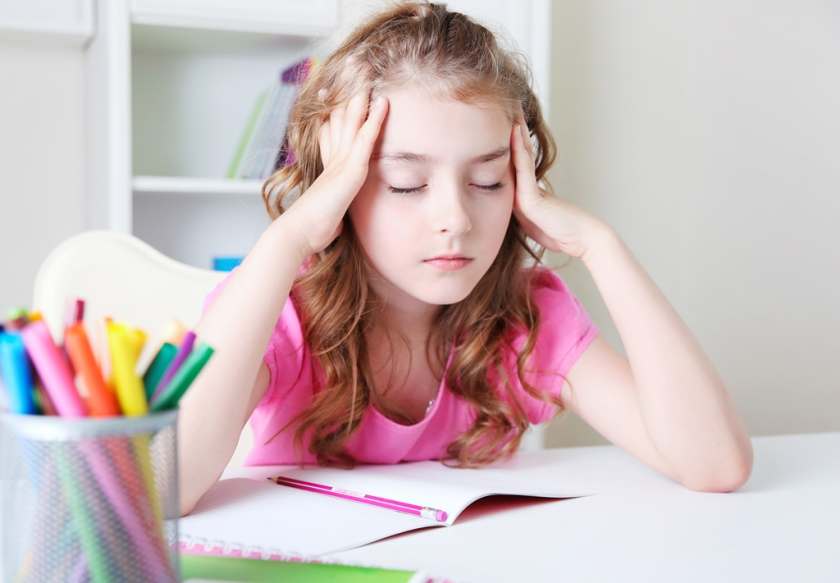
Pediatric neurologist diagnoses and treats not only central and peripheral nervous system diseases, but also functional illnesses. During the initial checkup a doctor will check child’s reflexes, coordination of movements, tone and power of muscles, level of cognitive functions development, etc.
Underperformance at school, child’s apathy or hyperactivity, sleep disruptions are the reasons to consult a neurologist. Pediatric neurologist will also help a child to cope up with his fears, blend into the team in a kindergarten or a school.
The most common children’s neurological problems are as follows:
- Infant neurological pathologies: perinatal encephalopathy, birth injuries and their consequences, hyperexcitability, eating and sleep disorders, muscle tone abnormalities, convulsions, ICP, abnormalities of intracranial pressure control, hydrocephaly, various motor disturbances, motor and psycho-preverbal developmental delays;
- paroxysmal states, including epileptic seizures;
- neuroses and neurosis-like states: obsessive fears, anxiety, urinary incontinence, battarism, panic;
- consequences of past injuries and neuroinfections, such as meningitis, encephalitis, cerebral concussion;
- myasthenia, hereditary myopathy and other neuromuscular diseases;
- behavioral disorders and socialization problems: mood swings, violent outbursts, attention deficit hyperactivity disorder (ADHD), autism spectrum disorder (ASD);
- any sleep disruptions: nightmares, loss of sleep, trouble in falling asleep, noctambulation;
- psycho-speech delays;
- problems with school performance (dyslexia, dysgraphia, dyscalculia, etc.);
- congenital brain or spinal chord malformations.
Symptoms of children's neurological diseases
Signs of neurological problems of a baby can be revealed from the first minutes of life. Then the functional reconstruction of the children's nervous system is continuous, that explains the necessity of planned checkups throughout child’s life.
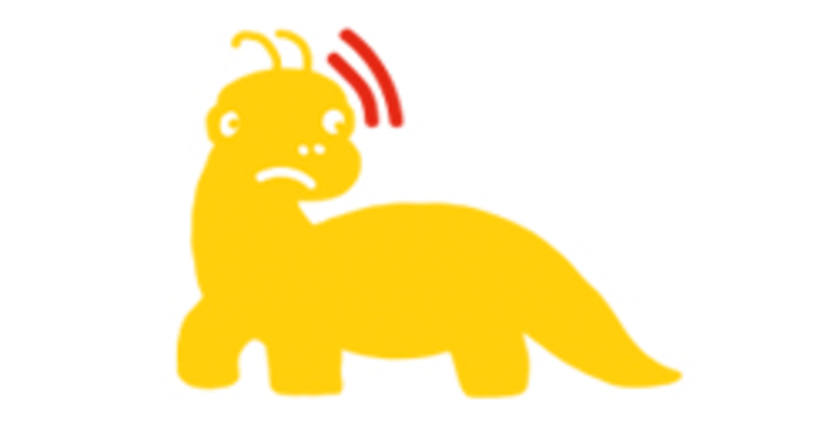
- twitching of arms and legs,
- sudden weakness in the limbs,
- long-lasting fading sight of a baby,
- apathy, atony, or, on the contrary,
- excessive excitability,
- regular cry
- should put on the alert in the first year of life.

- fatigability,
- ailment,
- headache,
- poor sleep,
- if they notice adventitious movements of a child.
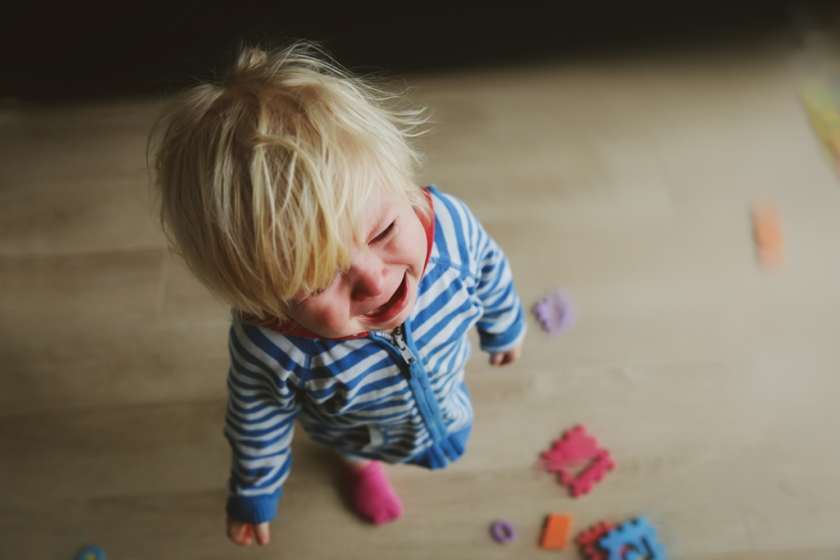
Children with too high self-esteem or, on the contrary, with low self-esteem, individualists are at risk, often neurological disorders occur if children are too swift to take offense, amendable and shy.
The following symptoms and states require an urgent visit to a pediatric neurologist:
- headaches (especially during the night or the morning) with nausea, vomiting, hyperthermia (body temperature rise);
- convulsions;
- loss of consciousness;
- movement disorders in the extremities;
- walking and/or equilibration disorders;
- facial asymmetry;
- frequent voluminous posseting of infants;
- head hematomas (after a fall or an injury).
Consultations
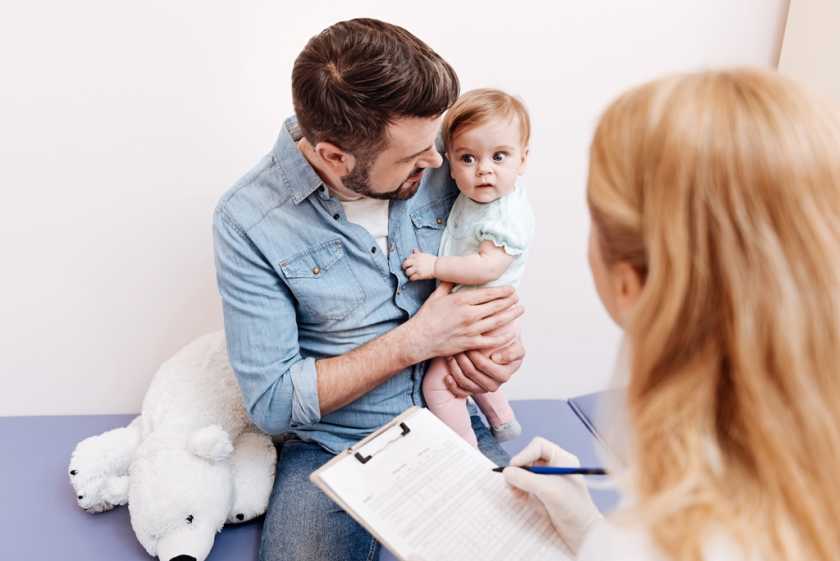
Pediatric neurology of Dobrobut clinic chain is represented by the team of professionals with considerable practical experience in foreign and Ukrainian clinics, communicative skills and necessary knowledge in related pediatric specialties. You can get a consultation by a pediatric neurologist in Kyiv in one of the Dobrobut clinic chain units.
- consequences of nervous system impairments in prenatal and perinatal periods (which are the pathologies formed within the period from impregnation till the birth of a child);
- retarded statomotor (motional) and/or psycho-verbal development;
- headache of different etiology (migraine, headache, strain, etc.)
- infantile cerebral paralysis (ICP);
- hydrocephaly;
- consequences of injuries (birth injuries included);
- consequences of inflammatory diseases of nervous system (meningitis, encephalitis, polyneuropathy, neuritis, etc.);
- non-epileptic paroxysmal states;
- epilepsy, episyndromes;
- consequences of cerebral circulation disorders;
- tic disorders, dystonia, tremor;
- vegetative nervous system disorders;
- neuroses and neurosis-like states;
- urinary incontinence, encopresis;
- behavioral disorders, problems with school skills (ADHD, dyslexia, dysgraphia, dyscalculia, etc.);
- sleep disruptions, night terrors or nightmares;
- peripheral nervous system disorders (neuropathy, neuritis, neuralgia);
- pervasive developmental disorders, autism spectrum disorders (ASD).
Diagnostics
It is impossible to assign an effective treatment without an accurate diagnosis. The modern laboratory and instrumental diagnostics of Dobrobut clinic chain will help to determine the cause and the character of neurological problem of a child, individual characteristics of pathological process, its localization. With the help of modern equipment our specialists learn all the details about the disease and make a plan of therapeutic interventions.
After a consultation a specialist will assign the tests. Laboratory tests of Dobrobut clinic chain include the whole range of diagnostic maneuvers: biochemical and general clinical studies that are analyses of blood, urine, cerebrospinal fluid, bacteriological examinations, PCR-based diagnostics of any materials, etc
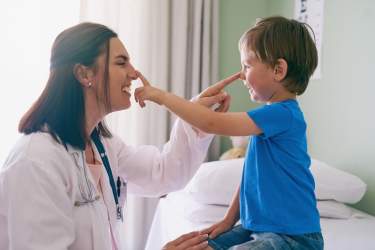
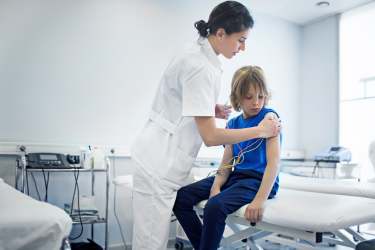
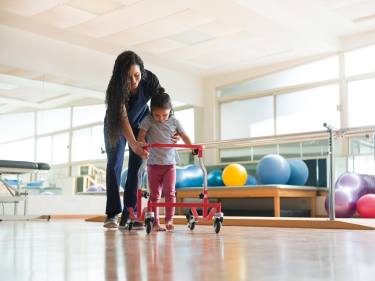
Dobrobut clinic chain offers the following instrumental diagnostics techniques to reveal neurological problems of children:
- Brain EEG (electroencephalography)
Brain EEG (electroencephalography). The technique is based on the studying of electrical activity of brain cells reading the information from the head surface with special sensors. EEG gives the possibility to differentiate epileptic and other seizures, to find disorders of brain segments functioning and reconstruct the robust picture of its functioning. EEG helps to reveal commencing pathological processes in brain tissues that is very important for early diagnostics. The technique is absolutely safe and painless and does not require special preparation. It will be explained to a child and a parents in advance that a special hat with electrodes registering the activity of various brain sectors is to be put on the head. Standard EEG takes of about 30 minutes.
- Video EEG monitoring (VEEG)
Video EEG monitoring (VEEG). It is performed if more meticulous examinations are required and lasts from several hours to several days. For this kind of diagnostics EEG and video recording of child’s behavior are performed simultaneously, additional electrodes are connected if necessary, such as cardiographic, myographic, etc. Sleep monitoring is also performed: this diagnostic technique allows to reveal the range of pathologies which manifest only when a child is asleep. A video recording allows to compare the EEG result and a visual, to find the brain area with an abnormal activity and to identify the type of the latter.
- Neurosonography
Neurosonography. This test has the form of brain MRI. The procedure is performed only for infants (when the anterior fontanel is open).Neurosonography is performed through the fontanels on the baby’s head, is absolutely safe, and does not require any preparation: such an ultrasound test can be done during while baby is sleeping or eating. The technique is the same as for a common ultrasound: a hypoallergic gel is applied on the baby’s head, a doctor reads the information that is displayed on the monitor with the sensor. Neurosonography is prescribed to clarify a diagnosis when a neurological disease is suspected or to exclude brain development anomalies.
- USDG (duplex scanning of head and neck vessels)
USDG (duplex scanning of head and neck vessels). This is a combined method of ultrasound examination plus dopplerography that help a doctor to make a conclusion on congenital vessel deformities or anomalies (if any).
- X-ray radiography of skull and spine
X-ray radiography of skull and spine. X-rays are also used in pediatric neurology to examine bone tissues and adjacent soft tissues and their structures. Using X-ray radiography, a pediatric neurologist can exclude skull bones and spine injuries after a trauma.
- Brain and spinal MRI (including the option with the injection of contrast agent)
Brain and spinal MRI (including the option with the injection of contrast agent). Magnetic resonance imaging is often prescribed when other diagnostic techniques appeared to be nondiagnostic or are contraindicative to a child. Using MRI, it is possible to see various structural disorders: development anomalies, neoformations, demyeliniation focuses, hemmorhages, etc. MRI technique is the gold standard of diagnostics in neurology.
- MRI and angiography of head and neck vessels
MRI and angiography of head and neck vessels. The advantage of the technique is that a magnetic resonance scanner reveals the smallest abnormalities in the cerebral blood flow that can be unnoticed in other diagnostic techniques. The technique helps to reveal congenital vessel anomalies, malformations, constrictions, aneurysms.
- Brain and spinal MSCT (including the option with the injection of contrast agent)
Brain and spinal MSCT (including the option with the injection of contrast agent). Multispiral tomography is the most modern technology for examination of changes in body structures. MSCT is prescribed in case of injuries. The technique helps to quickly visualize hemmorhages, skull bone and spine injuries.
- CASD tests to identify the risk of autism spectrum disorders (ASD)
CASD tests to identify the risk of autism spectrum disorders (ASD). CASD (autism spectrum disorders screening scale) is a fast and reliable screening method for all the children with the suspected autism spectrum disorders as it is applied independently of the age, level of mental development of a child or degree of disorder manifestations. ASD questionnaire may be applied to the children from 1 to 16 years of age.
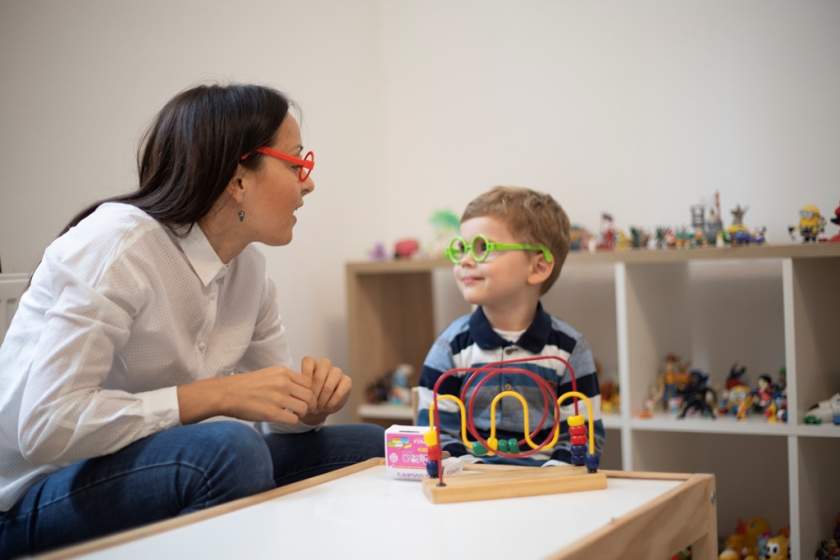
Treatment
Pediatric neurological diseases require qualified medical aid and complex approach. After a child receives the consultation of a pediatric neurologist, an individual treatment plan will be framed. The plan can include pharmacological therapy, physical therapy, and rehabilitation, psychological treatment.
Therapy method is developed by reference to the particular case and the child’s age. In case of persistent neurological disorders the integrated treatment with the involvement of other specialists, such as orthopedist, pediatric physician, psychologist, rehabilitation therapist, speech therapist, special education teacher and others helps to improve efficiency of the therapy and significantly improve the quality of life of a little patient.
Treatment methods in Dobrobut clinic chain:
- Pharmacological therapy. Specialists of Dobrobut clinic chain work exclusively with the methods of evidence-based medicine and prescribe only medications with proven efficiency. Child’s treatment is indispensably discussed with his or her parents.
- Physical therapy and rehabilitation. Children with neurological disorders have difficulties in interaction with the environment. We use modern rehabilitation methods that will help your child to listen to his or her body, to perceive new information, to gain new skills, to develop speech, thinking, that improves socialization. We use the following methods:
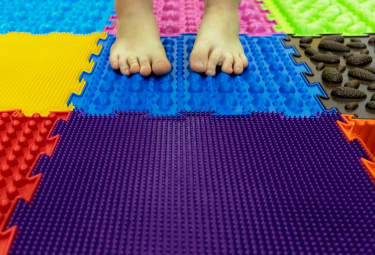
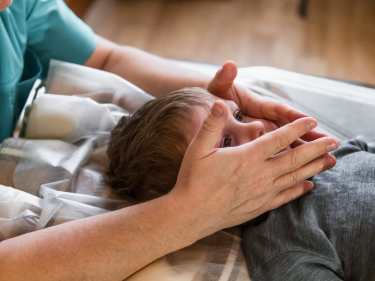
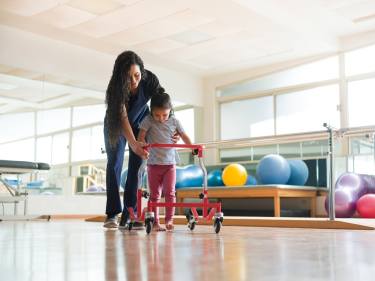
- Kinesitherapy
Kinesitherapy. It is a type of exercise therapy when a child actively participates in the process. In such a way specialists help a little patient to believe in himself or herself, form motivation that accelerates rehabilitation.
- Ergotherapy
Ergotherapy. The method is widely used for the development and refreshment of motor function. The basis of ergotherapy is the reproducing of movements, from basic to complex: a child learns to take care of himself or herself in everyday life and contribute to socio-environmental adaptation.
- Bobath-therapy
Bobath-therapy. It is a neurodevelopmental therapy aimed at the achievement of optimum development of motor, communicative abilities of a child. A child forms the correct motor response with the help of the complex of various exposures. These are special postures, movements, visual and auditory signals. All the mechanisms are used in clear sequence and are based on the stages of neurological development.
- Mechanotherapy
Mechanotherapy. It is a set of remedial exercises carried out on the special equipment and aimed at correction of joints functioning. It is applied both for the treatment of early neurological pathologies and for the recovery after injuries.
- Proprioceptive correction with Gravistat costume
Proprioceptive correction with Gravistat costume. The method simulates the effect of gravity on the body and helps to improve the quality of life of the children with ICP, pareses, paralyses and ataxias developed after head injuries, speech disorders, etc.
- Massage
Massage. Therapeutic massage in pediatric neurology is not only an efficient way to make the child’s body stronger and emotionally balanced. Massage is recommended to the children with behavioral and speech problems such as speech delays, autism spectrum disorders, battarism, dyslexia, neuroorthopedic problems, etc. Massage is also recommended for infants as a method of speech disorders prevention.
- Kinesio taping
Kinesio taping. Use of the special tapes – elastic cotton strips – in pediatric neurology helps to put out pain syndromes and spasms, to correct biomechanical disorders, to activate reflex responses of the central nervous system, etc.
- Remedial activities with a specialized psychologist
Remedial activities with a specialized psychologist are used for treatment of many neurological problems of a child. The specialized psychologist works with children who have difficulties with social and psychological adaptation. Psychocorrection helps to cope up with depressed states, excessive unsociability or, on the contrary, activity, antisocial behavior, cognitive functions disorder, etc.
- Sessions with a special education teacher
Sessions with a special education teacher. The main task of a special education teacher is to develop individual intervention programs on efficient education and adaptation for children, conduct sessions, monitor and record developmental quotients of every child over time, in synergy with medical professionals, psychologists, speech therapists, rehabilitation therapists and other specialists. The sessions include formation of academic skills (maths, reading, writing) and mental functions (memory, thinking, attention, speech).
- Sensory-motor therapy
Sensory-motor therapy. This method helps to form control skills and contributes to child’s tranquility. It helps a child to develop sensory skills that is of utmost importance for hyper- or hyposensitive children with sensory integration disorders.
- Psychotherapy
Psychotherapy. A childhood therapist working with neurological diseases of little patients has a complex task. He is not just familiar with behavioral traits of a child in various period of growth, corrects his or her state with psychological influence and pharmaceutical treatment. Children with ADHD, panic attacks, urinary incontinence, frequent headaches, phobic reactions and many other neurological diseases.
Success in correction and rehabilitation of children's neurological problems, especially those of infants, depends not only on the neurologist’s qualification and the level of modern diagnostic equipment, but also on comprehensive efforts of many specialists: pediatric physician, neonatologist, psychologist and psychotherapist, rehabilitation therapist, physical therapist.
Pediatric Neurology Unit of Dobrobut clinic chain provides outpatient aid to small children. Experienced neurologists and neurorehabilitologists with the practical work experience in the best specialized clinics in Ukraine and abroad will find an individual approach to every child.
Advantages of treatment at Dobrobut clinic chain
Dobrobut clinic chain provides all the conditions for diagnostics and effective treatment of a child as fast as possible. Rehabilitation of the children with neurological problems is based on tested modern techniques with proven efficiency.
Dobrobut clinic chain has "Pediatrics of special development" medical and psychological center that provides complex aid to children with special needs. Multidisciplinary team that unites various doctors and psychologists provides the full range of special education and neurorehabilitation services as well as individual approach to every child.
Why clients choose us
Bibliography
- Neuralgia. - Written by Mary Ellen Ellis — Updated on August 28, 2018
- Paul M Gadient, Jonathan H Smith. - Theneuralgias: diagnosis and management.
- Kenneth Hentschel, David J Capobianco, David W Dodick. - Facialpain.
- Christopher J Spencer, Henry A Gremillion. - Neuropathic orofacial pain: proposed mechanisms, diagnosis, and treatment considerations.
- BRADFORD T. WINSLOW, MD, Swedish Family Medicine Residency, Littleton, Colorado. - Treatment of Alzheimer Disease
Read more about pediatric neurology
Our services
Our service packages
Our doctors
Choose the nearest clinic to you
ISO certificates
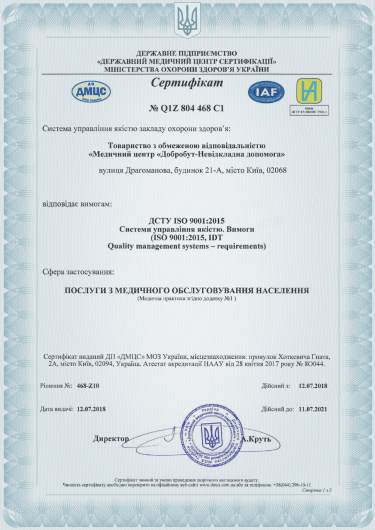
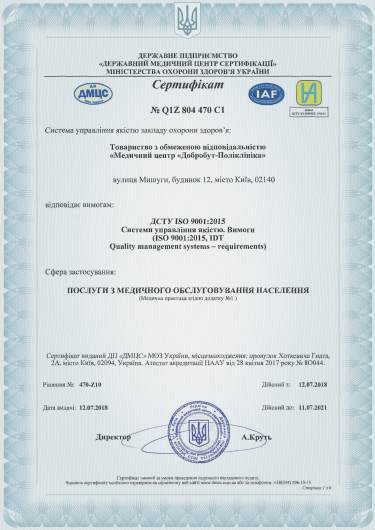
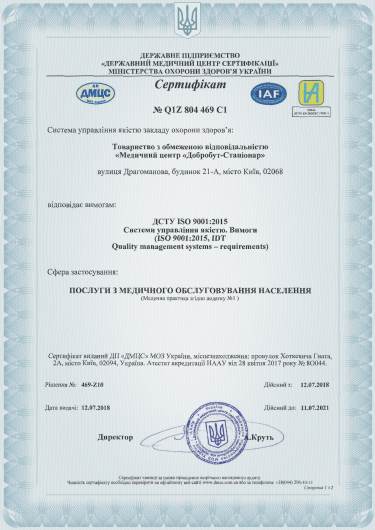
Accreditation certificates
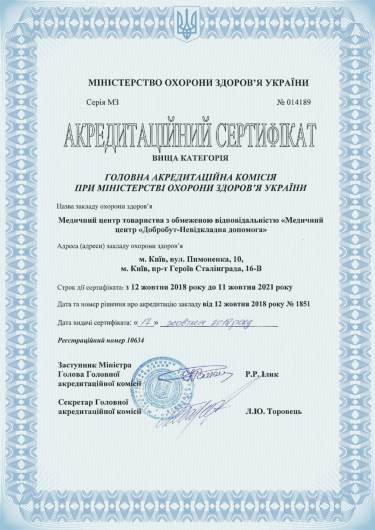
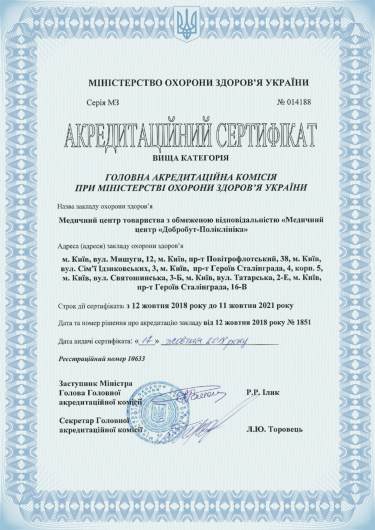
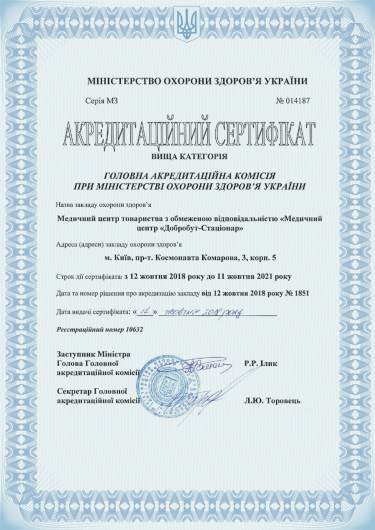
Medical practice licenses
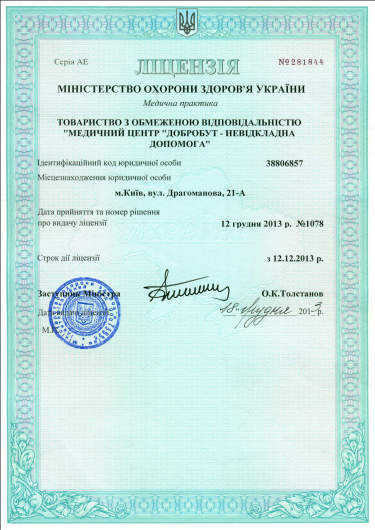
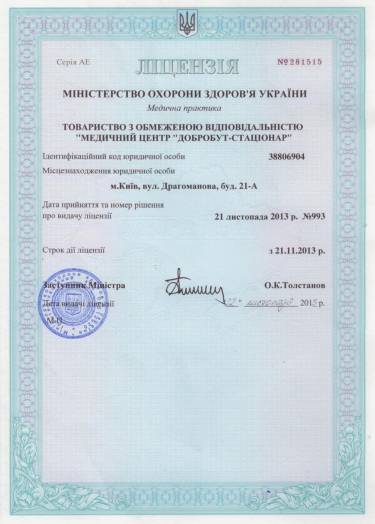
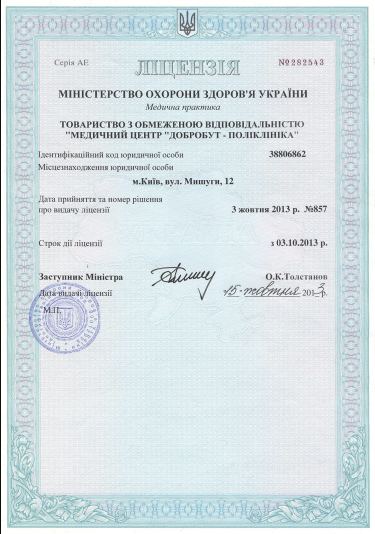
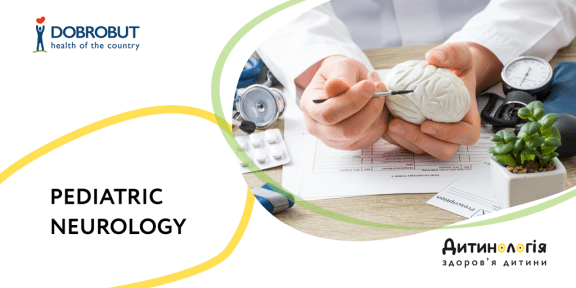



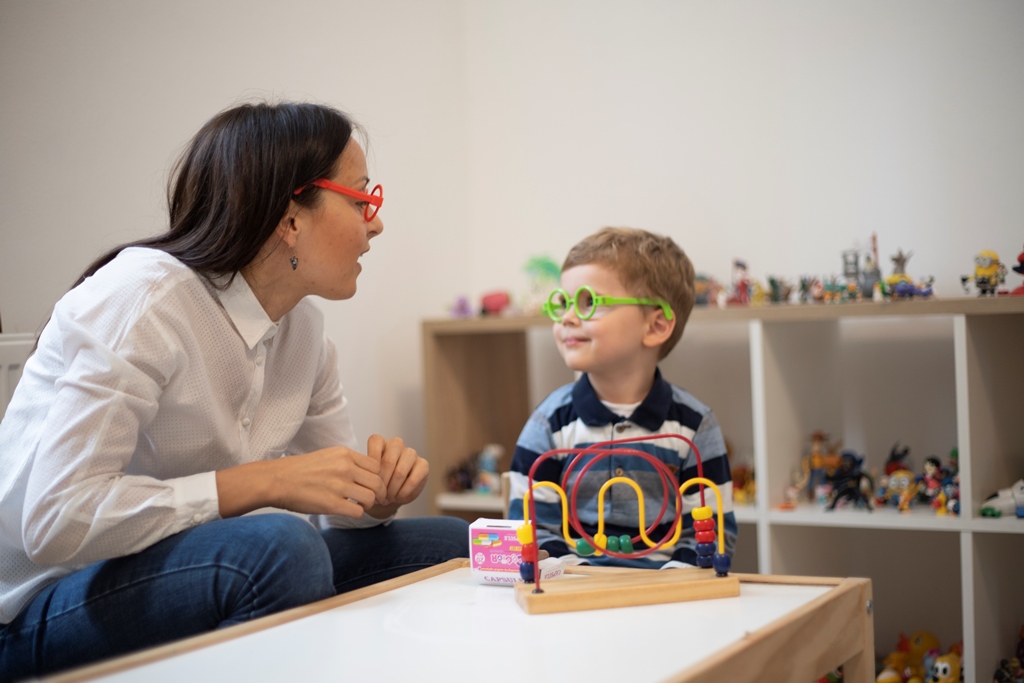


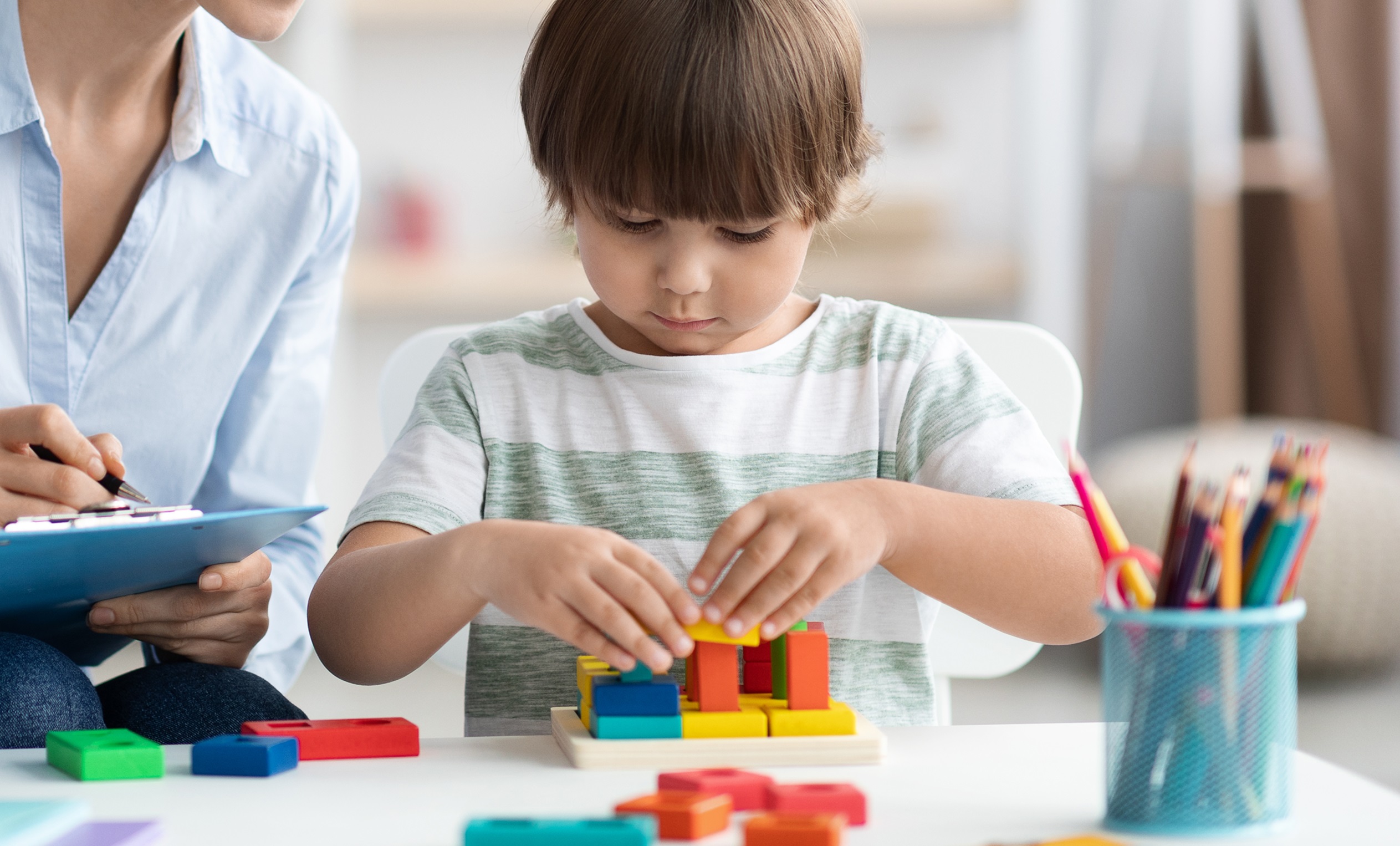





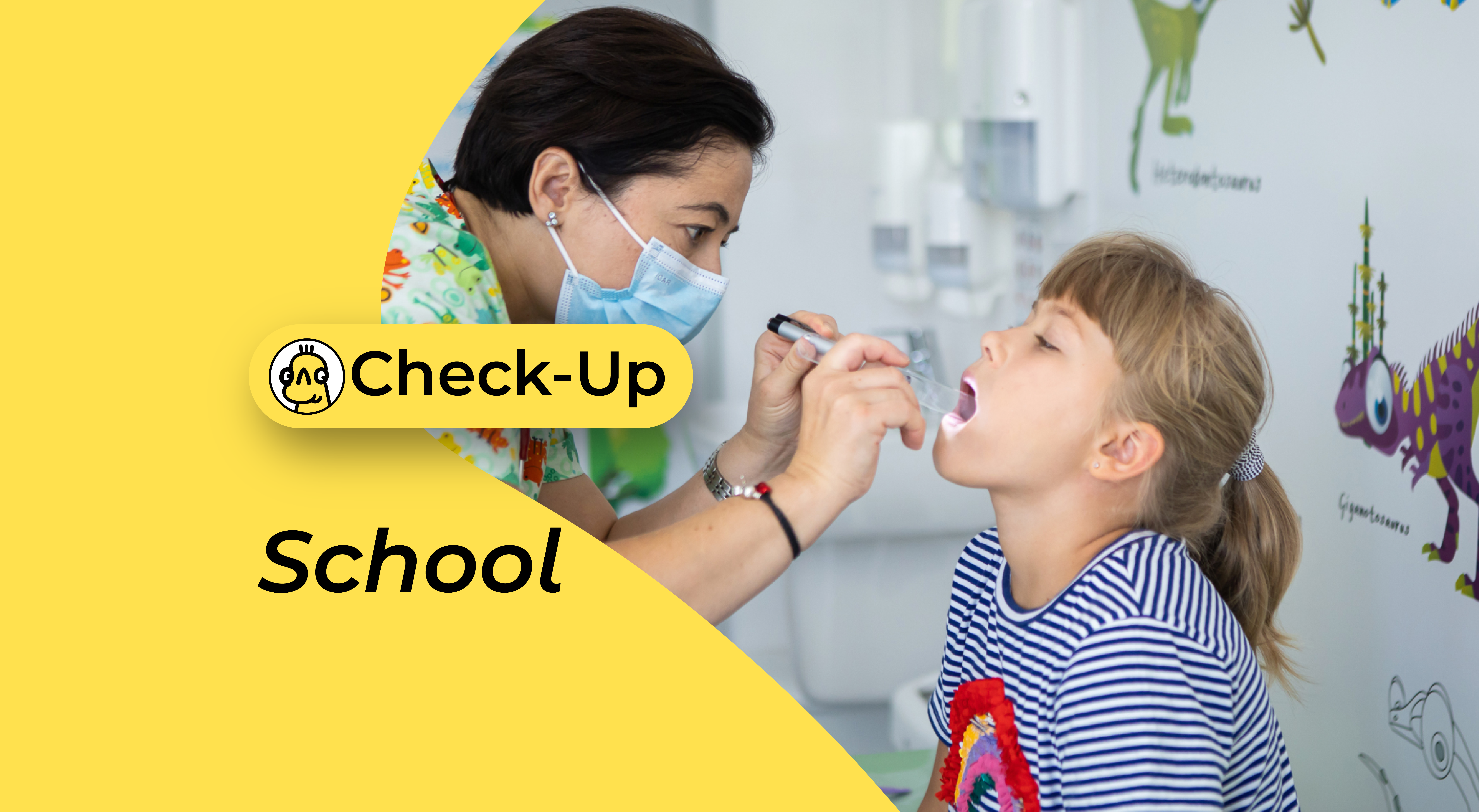








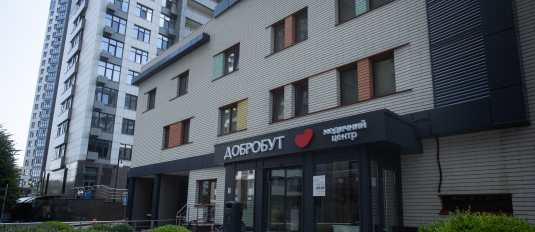
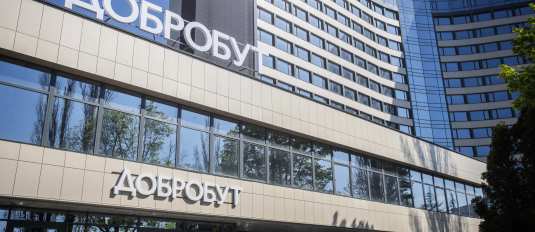
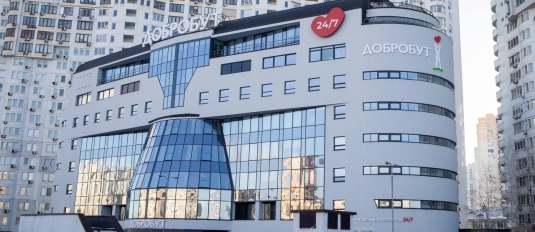
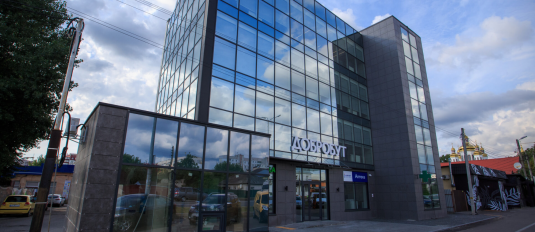
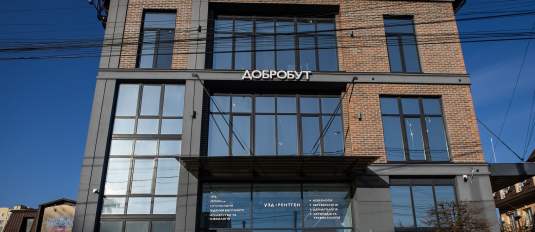
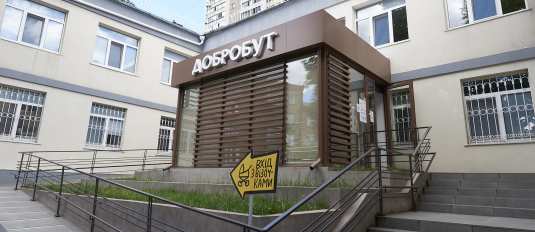
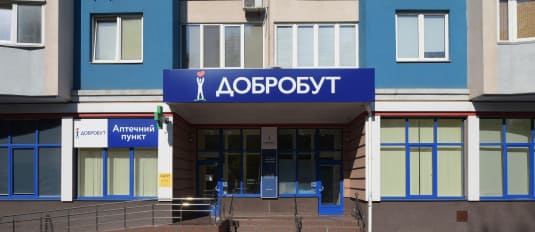




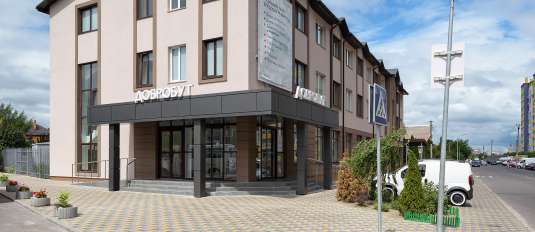
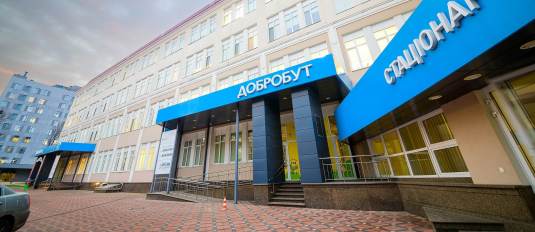
@2x.png)
@2x.png)
%402x.png)
%402x.png)
